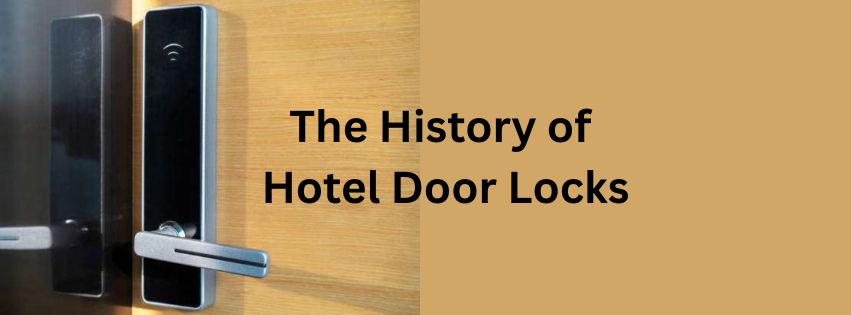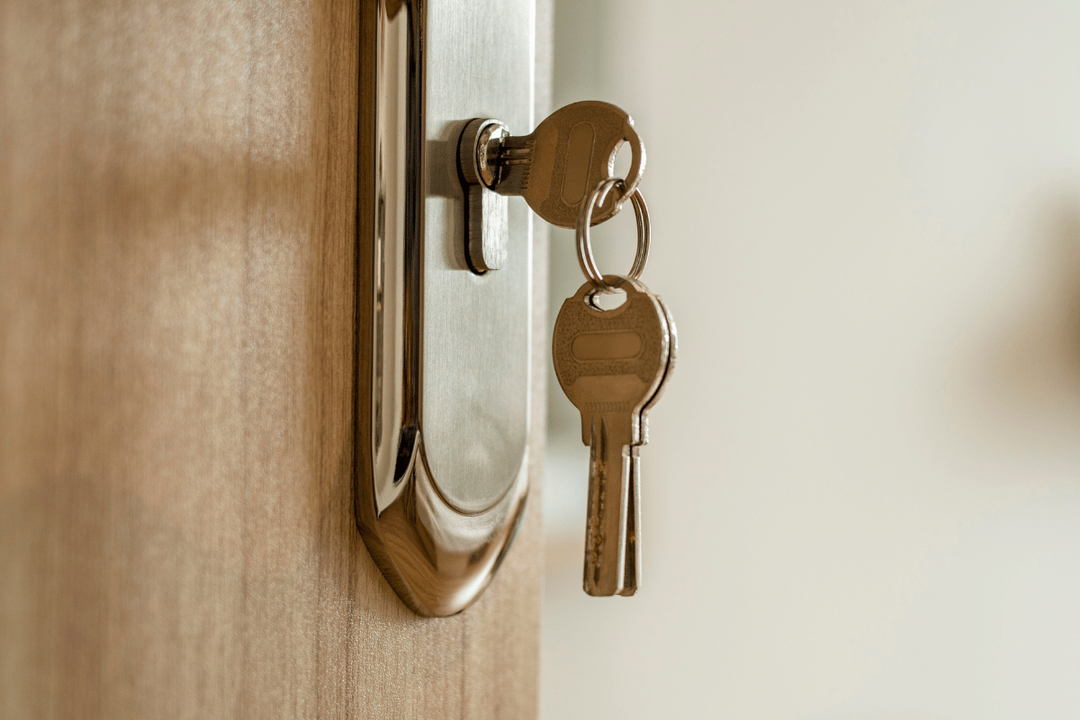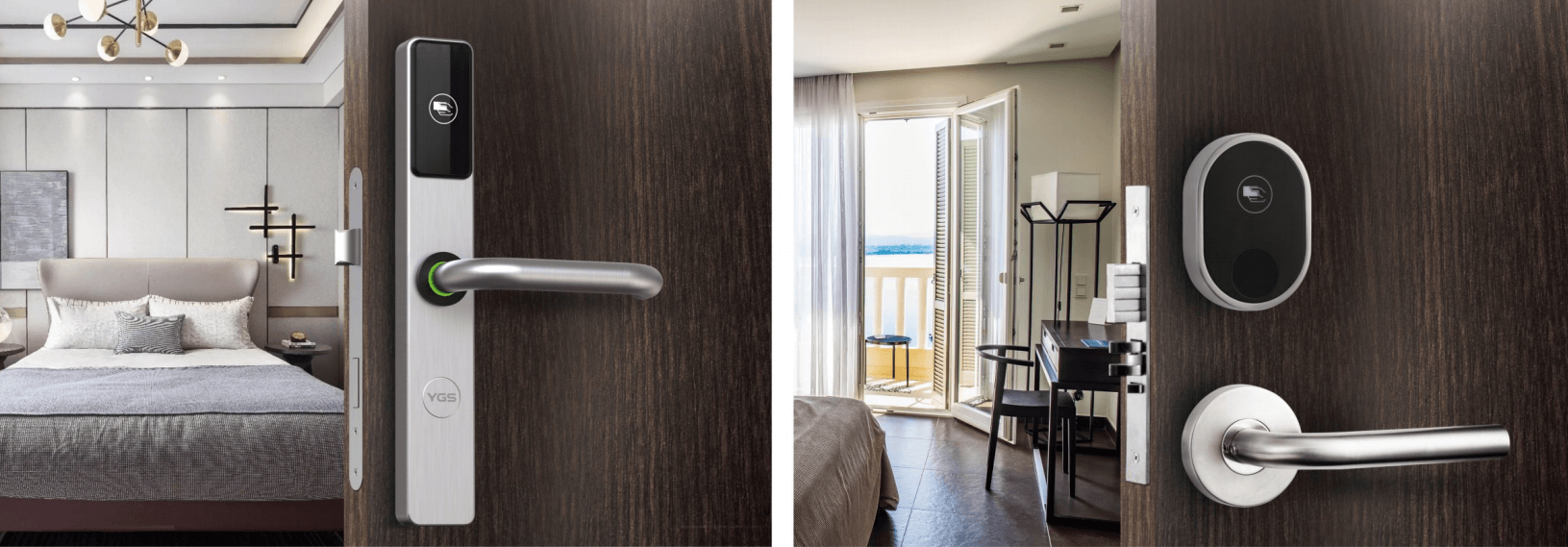📢 Enjoy 100% Free Consultation | Shop Smart Locks by- Samsung, Bosch & Philips | Buy RFID Hotel Locks |
Explore our Services |
Our Digital Marketing Agency: 



They’re also harder to tamper with or copy, which makes them more secure. Even though modern locks are safer, key card systems have still had issues- check out how hackers found weaknesses in hotel key cards, which pushed hotels to improve their security.
And hey! At Design Doctors Studio, we not only specialize in introducing RFID hotel door locks as part of our smart home solutions, but we also offer comprehensive interior design services to create functional and stylish spaces tailored to your needs.
Author: Al-Amin Ifty, Design Doctors Studio @2025
We invite you to make contact with our design studio to collaborate or enquire about a project.